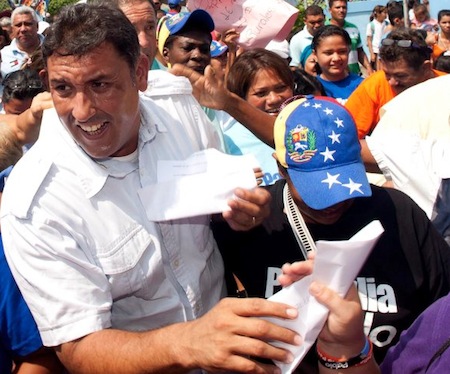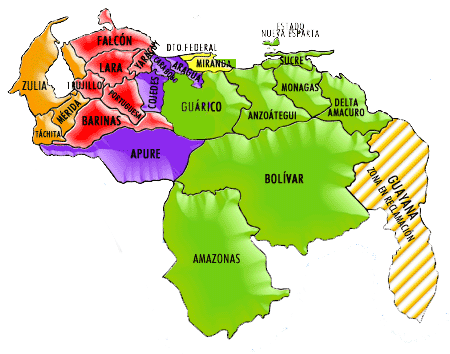Security experts — including Julianne Smith, deputy national security advisor to U.S. vice president Joe Biden — gathered at Johns Hopkins University’s School of Advanced International Studies Thursday to discuss transatlantic security from Mali to Afghanistan.![]()
![]()
![]()
![]()
![]()
Among the newest issues on the transatlantic security agenda in the wake of France’s seemingly successful military incursion into northern Mali last month, is how NATO, the European Union, the United States and, increasingly, the African Union, can facilitate a lasting peace in the region. Indeed, atlantic-comminity.org, a transatlantic online think tank, is engaging a week-long ‘theme week’ on security in the Sahel.
From Mali to …?
But even as the world — from Paris to Washington to Bamako — celebrates the liberation of Timbuktu and other key northern Malian cities from al-Qaeda in the Islamic Maghreb (AQIM) and other Islamic radical groups, tough questions remain about how to repair Mali, which still must arrive upon a peaceful settlement with Tuareg separatists in the north and return back to its peaceful, democratic path.
Even tougher questions remain about how to prevent another problem in any of the other countries in the Sahel — it’s not hard to draw a line between the influx of NATO-provided arms to Libya in 2011 and 2012 and the increasing instability in northern Mali. It’s not hard to imagine that the French military success so heralded today in Mali could become the catalyst that causes, say, 2014’s crisis in Mauritania. Or really any number of shaky nation-states in the western Sahel, from Mauritania to Chad. Or southern Algeria. Or, even worse, a relatively peaceful and stable west Africa.
Sarah Cliffe, a United Nations assistant secretary general for civilian capabilities, compared it to the regional problem in Central America in the 1980s — success in one country would result in another problem bubbling up in another country. She argued that a regional solution is indeed necessary, primarily through political and security means and thereafter through economic means.
Hans Binnendijk, a senior fellow at SAIS’s Center for Transatlantic Relations, argues that Mali represents one of three kinds of transatlantic action:
- the most formal approach, an ‘all-in’ response from the North Atlantic Treaty Organization (i.e., a response based on the Washington Treaty’s Article Five that states that an attack on one NATO member is an attack on all NATO members), as has been the case with the NATO action in Afghanistan since October 2001;
- a less formal approach is a kind of ‘coalition of the willing’ among NATO members to take action, as was the case in the NATO-led assistance provided to Libyan rebels in the service of ousting longtime rule Muammar Gaddafi;
- in contrast, the Malian approach was even more ad hoc, because one nation (France) simply acted because Mali’s government was running out of time.
James Townsend, deputy U.S. assistant secretary of defense for European and NATO policy, argued that Mali has become a laboratory for transatlantic security, in terms of providing an example for how transatlantic responses to crises may be organized in the future, noting that we’ll see more crises like Mali (though it’s hardly clear that the French leadership, already concerned about the taint of Françafrique, has much of an appetite for becoming a near-permanent military presence throughout its former African colonial empire).
Townsend is probably right, but his remarks reminded me of the old adage — if all you have is a hammer, everything looks like a nail.
That’s to say that military and security responses to Mali can only achieve a limited amount of success without economic development and political engagement — and it’s not clear that transatlantic allies have much, if any, strategy for Mali, let alone the Sahel, where military force can’t resolve the issues of, for example, how to bring Tuareg rebels to the table to build a stable version of the Malian state, how to approach water policy and climate change in the Sahel in light of more frequent droughts, how to end human slavery in Mauritania, how to address the Darfur refugees that remain in Chad, or how international institutions can facilitate the development 21st century Sahelian economies.
It’s great that AQIM has been ousted from Timbuktu, but what long-term relief can we take from a ‘whack-a-mole’ strategy that shifts the threat from country to country, year after year?
Continue reading How to approach transatlantic security and the ‘bubble’ problem in the Sahel



